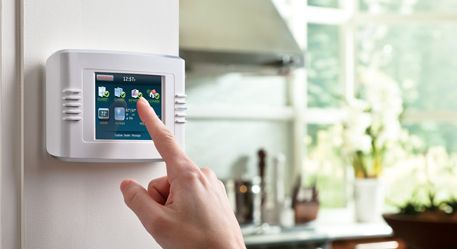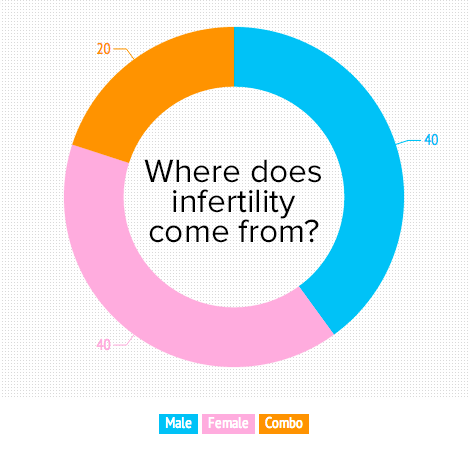With the rapid advancement of technology, the concept of a “smart home” has become increasingly popular. Smart home automation allows homeowners to control various aspects of their homes, such as lighting, heating, security systems, and even appliances, using their smartphones or other devices. This technology has revolutionized the way we live, making our lives more convenient, secure, and energy-efficient. In this article, we will explore the benefits of smart home automation and how it simplifies our daily lives.
Efficiency and Convenience
One of the primary advantages of smart home automation is the increased efficiency and convenience it offers. Imagine being able to control all the electronic devices and systems in your home from a single app on your smartphone or through voice commands. Gone are the days of getting up to adjust the thermostat or turning off lights individually in each room before going to bed.
By integrating various smart devices and technologies, such as smart thermostats, smart lighting systems, and smart locks, you can easily manage and automate different functions in your house. You can set schedules for lights to turn on and off, adjust the temperature remotely, and even lock or unlock your doors without physically being there. This level of control not only adds convenience to your life but also enhances energy efficiency, allowing you to save on utility bills.
Increased Security
Smart home automation also provides significant improvements in home security. Traditional home security systems typically involve complex wiring and the need for separate control panels. With smart home technology, you can combine security systems with automation, creating a seamless and integrated solution.
For instance, you can install smart cameras that provide real-time video surveillance and send instant alerts to your phone if any unusual activity is detected. You can also connect motion sensors to your lighting system, ensuring that lights automatically turn on when someone enters a room, which can deter potential intruders. Additionally, smart locks allow you to remotely control access to your home, granting temporary or permanent access to family members or service providers.
Energy Efficiency
Smart home automation can significantly contribute to energy efficiency and sustainability. By incorporating smart heating and cooling systems, you can regulate the temperature of each room independently and avoid wasting energy on empty spaces. These smart thermostats can learn your preferences over time and automatically adjust settings to optimize comfort while minimizing energy consumption.
Moreover, with smart lighting systems, you can control the brightness and color of your lights, set schedules, or use motion sensors to detect occupancy and turn lights off when no one is in the room. This not only reduces energy waste but can also create a more pleasant and ambiance-based lighting environment in your home.
Entertainment and Home Theater
Smart home automation enhances your home entertainment experience by seamlessly integrating entertainment systems. From controlling your audio system, adjusting the volume, or switching between different media devices using a single app, smart home automation makes it incredibly convenient to set the mood for movie nights or parties.
Furthermore, if you have a home theater, you can automate the entire setup, including dimming the lights, closing the curtains, and adjusting the temperature, all with a single command or button press. This level of automation allows you to create a personalized and immersive media experience without the hassle of manually controlling each component.
Conclusion
Smart home automation has revolutionized the way we live by simplifying and enhancing our daily lives. From increased efficiency and convenience to improved security and energy efficiency, the benefits are undeniable. Whether you want to set the perfect lighting ambiance, secure your home, or manage your appliances remotely, smart home automation provides a seamless and integrated solution. As technology continues to advance, we can expect even more innovative smart home devices and automation systems to simplify our lives further.





